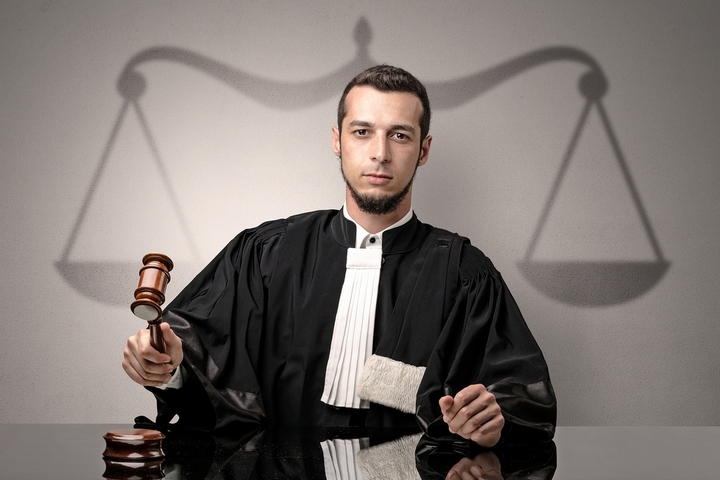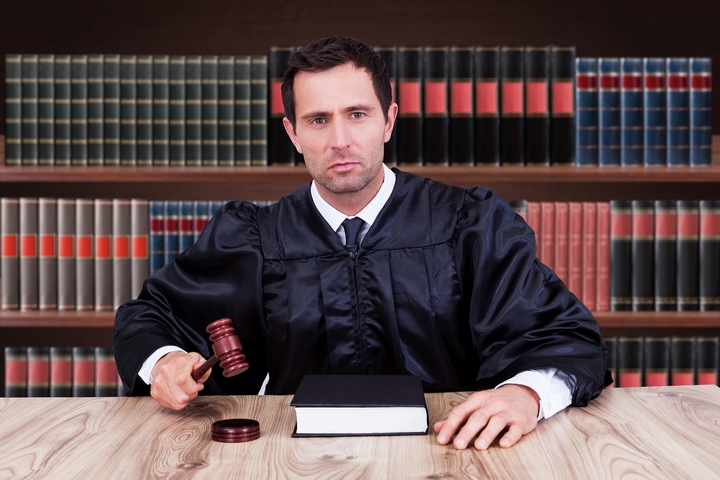You are at a bar or party and have had a few drinks over the course of the night. You leave, begin to drive home, and are pulled over by the police. After taking a breathalyser test it is determined that you are legally intoxicated and charged with driving under the influence.
While this is a serious charge, it is common and could happen to anyone as sometimes people do not feel intoxicated and make the decision to drive.
Since this charge could result in driving suspensions, hefty fines, or even jail time depending on your record, it is definitely recommended that you hire a lawyer and below are ways that one would be able to help you.
1. Explore options

After being arrested and charged with a DUI, it is common to perceive that your life will take a turn for the worse as you think about how a finding of guilt will affect your employment, insurance, finances, and ability to travel. While such a charge can impact these things, you can take action to attempt to mitigate how much they will be affected if at all.
Hiring an attorney experienced with DUIs is beneficial because he/she can review your case and determine the best course of action to take. This can include attempting to have charges dropped, seeking a plea deal, or taking the case to trial. An attorney can assist in all of these instances and can apply all relevant laws with an ultimate goal of an outcome that benefits you the most.
2. Pleas

Sometimes DUI charges are dropped due to insufficient evidence or the prospects of a conviction are seen as low. However, if your charge is not dropped, you will be required to enter a plea.
An attorney can help you enter a plea to your outstanding DUi charge. If you plead guilty, the attorney can then have conversations with the prosecutor or Crown Attorney to arrange an agreement. This will allow you to be held accountable for your actions but receive a lesser sentence due to your admittance of guilt. If you plead not guilty, a lawyer can act on your behalf and make arrangements to bring your case to trial.
3. Evidence

You may think that the evidence against you in your DUI case can be considered conclusive and overwhelming, causing you to think about pleading guilty and hope for a lenient sentence. However, sometimes evidence can be problematic and not as demonstrative of your guilt as it appears.
An experienced criminal lawyer can review all evidence pertaining to your case and then advise you on how you should proceed. For example, if there were any issues with how a breathalyser or roadside test was conducted, the attorney can advise you to plead not guilty and bring this to the court’s attention at pre-trial and have charges dropped or during a trial. If the evidence is against you and without issues, the attorney can then make arrangements to try and strike a deal.
4. Sentencing

The attorney that you hire will work hard to have your charges dropped or dismissed. However, there is still a chance you could be found guilty and depending on factors such as victim impact, your criminal record, and any aggravating circumstances, you could face a sentence ranging from a fine to jail time.
If you are found guilty, an attorney can represent you at your sentencing hearing. At this time, he/she can present any mitigating factors as to why your sentence should be lenient. These can include steady employment, family and financial obligations, service to the community, and lack of a criminal record.

